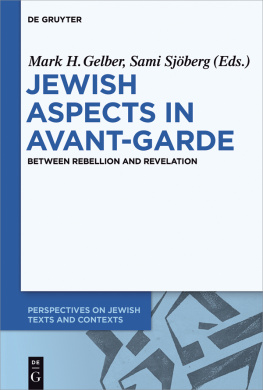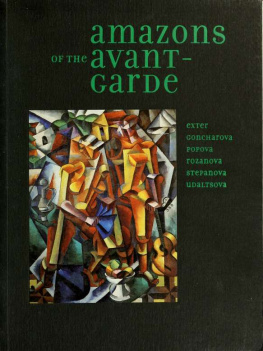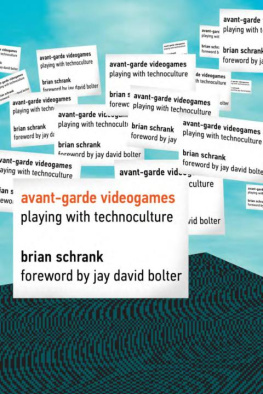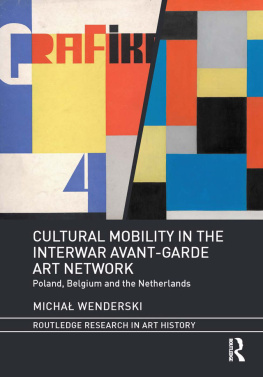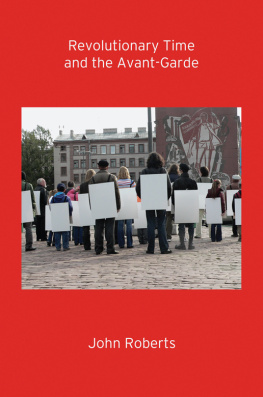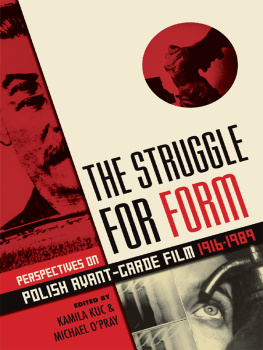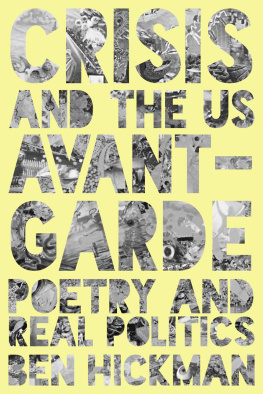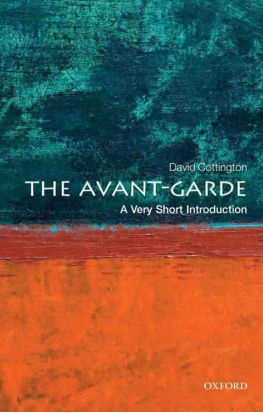This book would not have been possible without the encouragement of the colleagues and comrades I have worked with in the past few years. In 2006 I completed my doctoral dissertation in the program in Visual & Cultural Studies at the University of Rochester. Thanks go to my supervisor Joan Saab for her support of my research, which gave me the intellectual freedom I needed to make the move from radical democracy towards iekian ideology critique. My dissertation would never have been accomplished had it not been for the loving support of Rosika Desnoyers. Upon completion of my thesis I set out to consider the challenges to Marxism that have been posed by contemporary anarchist theory and post-operaism. During this time I have enjoyed a productive relationship with Bruce Barber, whose book Performance, [Performance] and Performers I had the pleasure and privilege to work on as editor. The chapter In a Way We Are All Hokies was first presented at a Universities Art Association of Canada panel chaired by Bruce in 2007. We also co-chaired a UAAC panel in 2010 on the subject of the neoliberal undead.
Working on Bruces [performance] books gave me the inspiration to produce a project of my own, which turned out to be the edited text Culture and Contestation in the New Century , published by Intellect in London. Many wonderful exchanges came from this project, including a collegial friendship with Aras Ozgun, with whom I co-chaired a panel on Creative Labour and Creative Industries at UAAC in 2008, and collaborations with Oliver Ressler, which includes an interview that was published in Art Journal as well as a North American presentation of his exhibition A World Where Many Worlds Fit at the Foreman Art Gallery in Sherbrooke, Qubec, in 2010. During this time I have had the pleasure of meeting and working with, in person or through correspondence, Carole Cond and Karl Beveridge, Lucia Sommer, Vitaly Komar, Brian Holmes, Gregory Sholette, Mathieu Beausjour, Rosemary Heather, Izida Zorde, Gerald Raunig, John Jordan, Petra Gerschner, Jackie Sumell, Pierre Allard, Federico Zukerfeld, Yahya Madra, Isabelle Lelarge, Jelena Stanovik, Christina Ulke and Marc Herbst. All the while I also enjoyed the abiding support of my teacher Claude Lacroix, who gave me the opportunity to present new research to his students at Bishops University.
Thanks go to the magazines and journals that supported my ideas during this time. In particular, I want to acknowledge the Journal of Aesthetics and Protest , where I first published a version of A Brief Excursus on Avant Garde and Community Art in the 2008 issue. A different version was also published in C Magazine #98 (Summer 2008). Community Subjects was first published in the Montreal art magazine Etc #81 (2008). The chapter Welcome to the Cultural Goodwill Revolution was published online by Journal of Aesthetic and Protest in 2009 and parts of it also appeared in Avant Garde and Creative Industry, which was published in Creative Industries Journal in 2010. A shorter version of the interview with Brian Holmes was published in Art Papers (Summer 2010).
Thanks go to my family and especially my mother, Denise Lger, for never tiring of talking with me about religion and politics. And lastly, I want to thank Cayley Sorochan, who has lovingly worked alongside and supported me these past years and who lets me borrow her Badiou books.
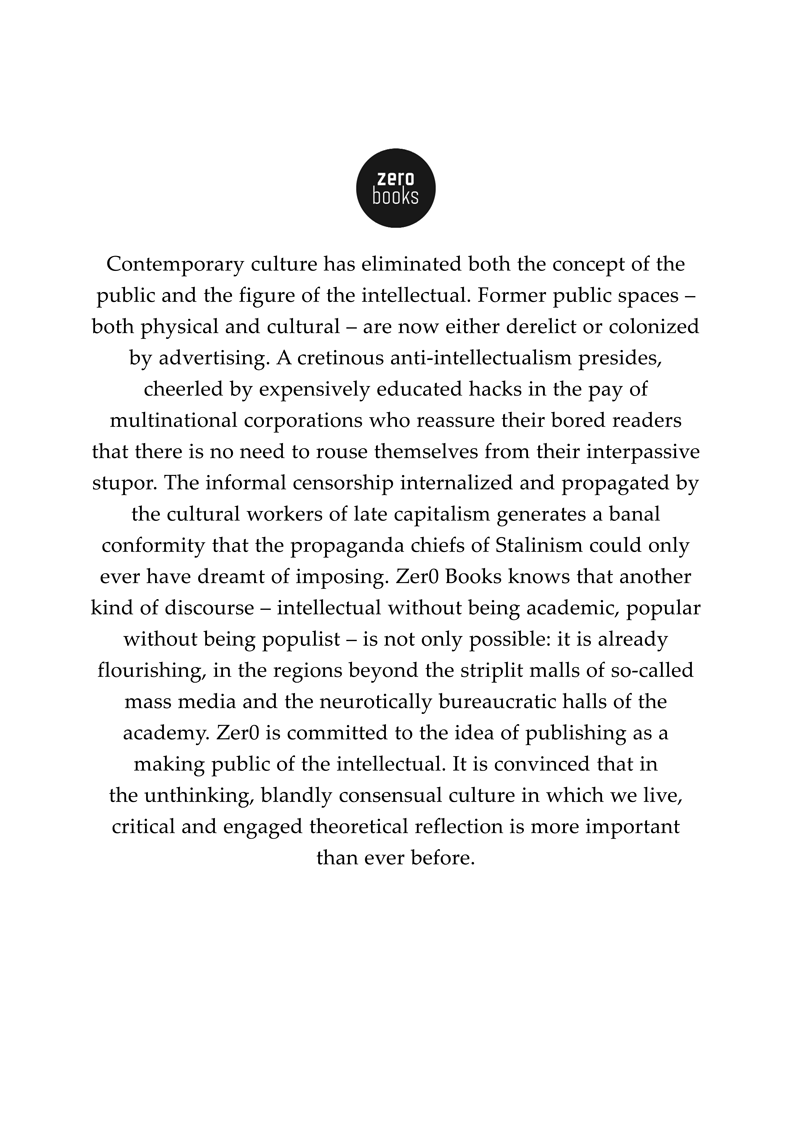
Ever since the potentialities of aesthetic autonomy have been thought to have be negated by their disciplinary incorporation into the culture industries, artists working in mode of institutional critique, figures like Marcel Broodthaers, Hans Haacke, Michael Asher, and Daniel Buren, have sought to not only underscore the socioeconomic function of art, but to radically alter its place of production. As Peter Brger surmised in his Theory of the Avant Garde , the social function of art does not depend on works, but on institutions. Avant-garde autonomy, if we can still speak of it today, continues not only to mine the contradictions of arts institutional incorporation but proposes an ethical engagement that seeks to expose and transform the social relations of domination that condition the very mode of critique. In her work from the late 1980s and 1990s, the American artist and critic Andrea Fraser offered some of the most complex performances of critical autonomy by subjugating herself to the manifest and unofficial mandates of various institutional contexts. Frasers work has complicated the mode of institutional critique by amplifying the dimension of subjectivity through a feminist and a psychoanalytically informed performance of the way the institution art operates through fantasy, desire and identification. In particular, the institution-specific performance project, Museum Highlights (1989), and the less well-known collaborative work, Services (1994), enacted many of the insights that Fraser presented in theoretical terms in her published essays. By extending institutional critique to feminist grounds, and by remaining committed to sociological concerns with questions of economic and class structure in relation to aesthetic autonomy, these works provided a powerful critique of the professionalization and corporatization of the artworld. They did so by betraying the manner in which the public mandates of art institutions allow them to ignore the socio-political presuppositions of contemporary art. What marks the specificity of Frasers analysis of the relations between the field of cultural production and the field of power, however, is Fraser herself. Paradoxically, the siting of the specificity of Frasers work, overtly privileged in terms of the unique figure of the artist, is provided by her close adherence to sociology. In the following I examine the shift in Frasers work from the construct of the split figure Jane Castleton/Andrea Fraser in Museum Highlights to the collaborative figure Andrea Fraser/Helmut Draxler in Services . In both instances Fraser draws on feminist approaches to psychoanalysis as a means to explore the sociological determinants of what I argue is a distinctly petty-bourgeois and transnational mode of creative cultural production. Working through the desire of the institution art and its obscene demand for cultural consecration, Andrea Frasers work supplies institutional critique with a curious instance of avant-garde contestation.
What Does Autonomy Want?
Frasers presence as an art theorist was first noticed in an article she wrote for Art in America concerning the work of Louise Lawler. There is no doubt that Bourdieu has allowed Fraser to complicate the grammar of feminist-based body art and performance and simultaneously through the performance of embodied social position to address the limitations of the male-dominated tradition of institutional critique, where the names of Broodthaers and company have predominated. Throughout this short period, however, Frasers writing became increasingly focused on a class-oriented sociological analysis. If second wave feminism could be thought to have refused the prioritization of class politics along with house cleaning, Frasers work from the 1990s could be said to have challenged the mythologization of feminism in its art institutional setting.
Frasers work invites viewers to decipher the complex relations that support and sustain the functioning of art institutions and the subject positions that are constructed in relation to them. She credits Bourdieu for having developed a reflexive sociology that acknowledges the ambivalence of artists and intellectuals who are positioned disadvantageously in a field of practice that works to sustain forms of social and symbolic domination through the force of cultural judgement. Inasmuch as there is no critique of the field of artistic production that does not involve a relation of desire, a fluctuating and intermittent motivation, there is no pure object of institutional art discourse, but rather a subject of art discourse caught in the fantasy of appearances, an objectively subjective relation to the autonomy of the field.


